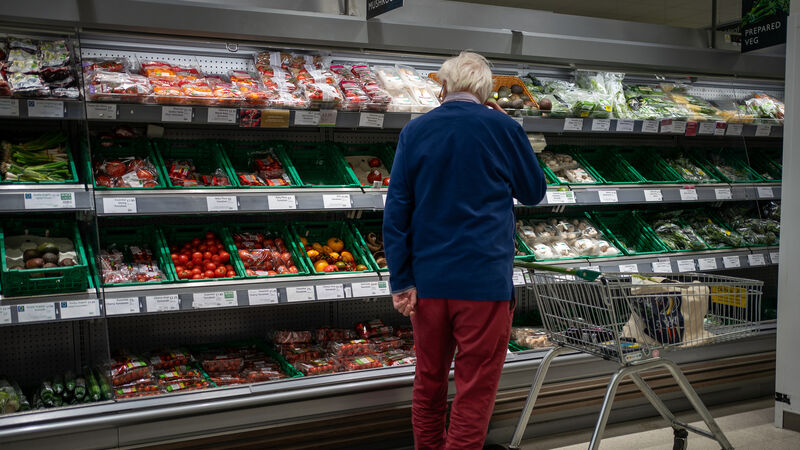Tax receipts boom in May defying fears consumers would cut back spending

The bumper receipts will bolster confidence that Finance Minister Paschal Donohoe can easily finance in his October budget any new substantial inflation-fighting package to help vulnerable households struggling with the cost-of-living crisis.
The amount of tax revenue the Government collected boomed in May despite the cost-of-living crisis.
The new exchequer figures will go a long way to allay fears that the Irish economy and in particular household spending will wilt under the sharpest surge in consumer prices for a generation.











